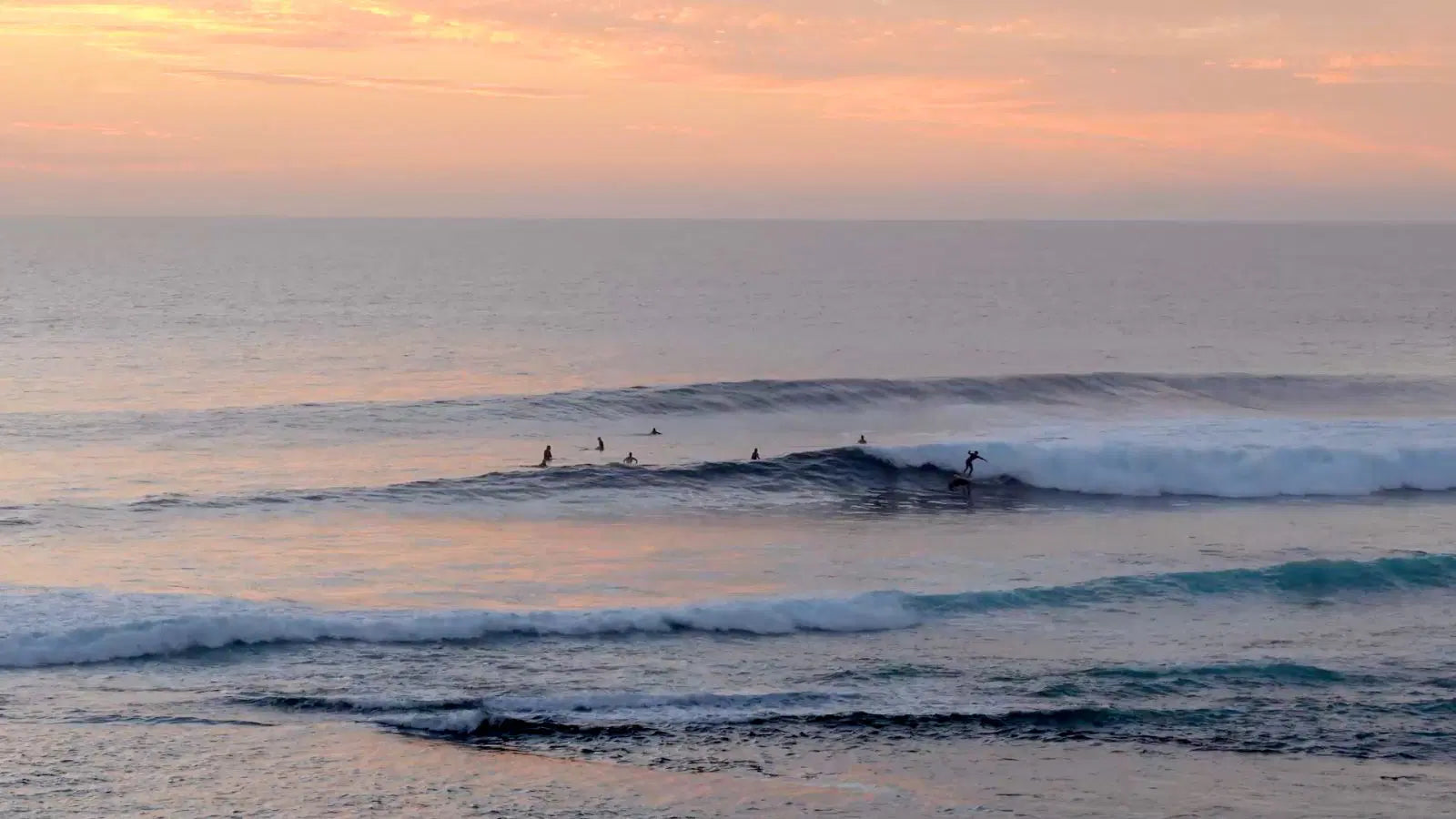With the world slowly opening up again, and restrictions on travel lifting, it’s time to think about planning a trip. Here are 10 handy tips for travelling light.
1 - Travel overland
Instead of hopping on a plane, plan a road trip or hop on a train instead. Embracing ‘slow travel’ means you get to see and experience more, and taking public transport in particular is one of the best things you can do for the environment while travelling. As well as reducing carbon emissions it gives you a chance to interact with locals.
2 - Avoid bottled water
Plastic bottles account for a huge amount of waste, so ensure you bring a reusable water bottle with you everywhere you go. You can usually fill them up from bubblers in local parks, supermarkets and airports. The same goes for bringing a reusable coffee cup.
3 - Eat and drink locally
When travelling, try eating and drinking at small restaurants and local micro-breweries. Not only will the food and drinks taste better, it’s also low carbon because you’re cutting down on the mileage it took to get there.

symbiot via Shutterstock
4 - Visit places that need support
In the aftermath of natural disaster, destinations need to work hard to rebuild and have often missed out on months – or more – of vital tourist dollars. Supporting them by visiting can help rebuild their economy. You can help further by getting involved in environmental and social projects while on your trip, such as helping plant coral or even joining beach clean-ups.
5 - Offset your carbon emissions
If you’re travelling by air, considering stumping up extra to offset the carbon emissions on your flight. Most airlines now offer this option at check-out when you’re booking your flights, and the money goes to carbon offset projects, such as replanting trees or supporting renewable energy.
6 - Opt for small tour groups
Smaller groups usually have a smaller environmental impact, so travel with a small group tour operator that's environmentally responsible. Before you book, ask what size the group will be and whether you’ll be visiting local businesses and supporting the community.

Denis Moskvinov via Shutterstock
7 - Visit in the off-season
There are loads of benefits to visiting popular destinations in the shoulder or low seasons, including cheaper rates for you. Stay longer, choose accredited, sustainable accommodation, and find local activities and businesses to support.
8 - Be a good guest
Respect the local environment by staying on trails and public footpaths, don’t remove plants, flowers or shells and rocks from local beaches. Don’t feed animals and make sure you recycle or dispose of any litter – remember the adage ‘leave only footprints, take only memories’.
9 - Book local accommodation and treat it like your home
Instead of opting for a five-star chain hotel, consider booking a farm stay, Airbnb or even doing a house swap. Remember to treat your accommodation as you would your home – that means turning off lights when you’re not there, only opting for clean towels when necessary and taking short showers.

Natalia Bratslavsky via Shutterstock
10 - Travel light
Packing light has a huge environmental impact. Every kilo counts when flying, so if your bag is lighter then the plane you fly in, the bus you ride or the car you drive will be lighter, which means the fuel consumption will also be less.
Happy trails!




